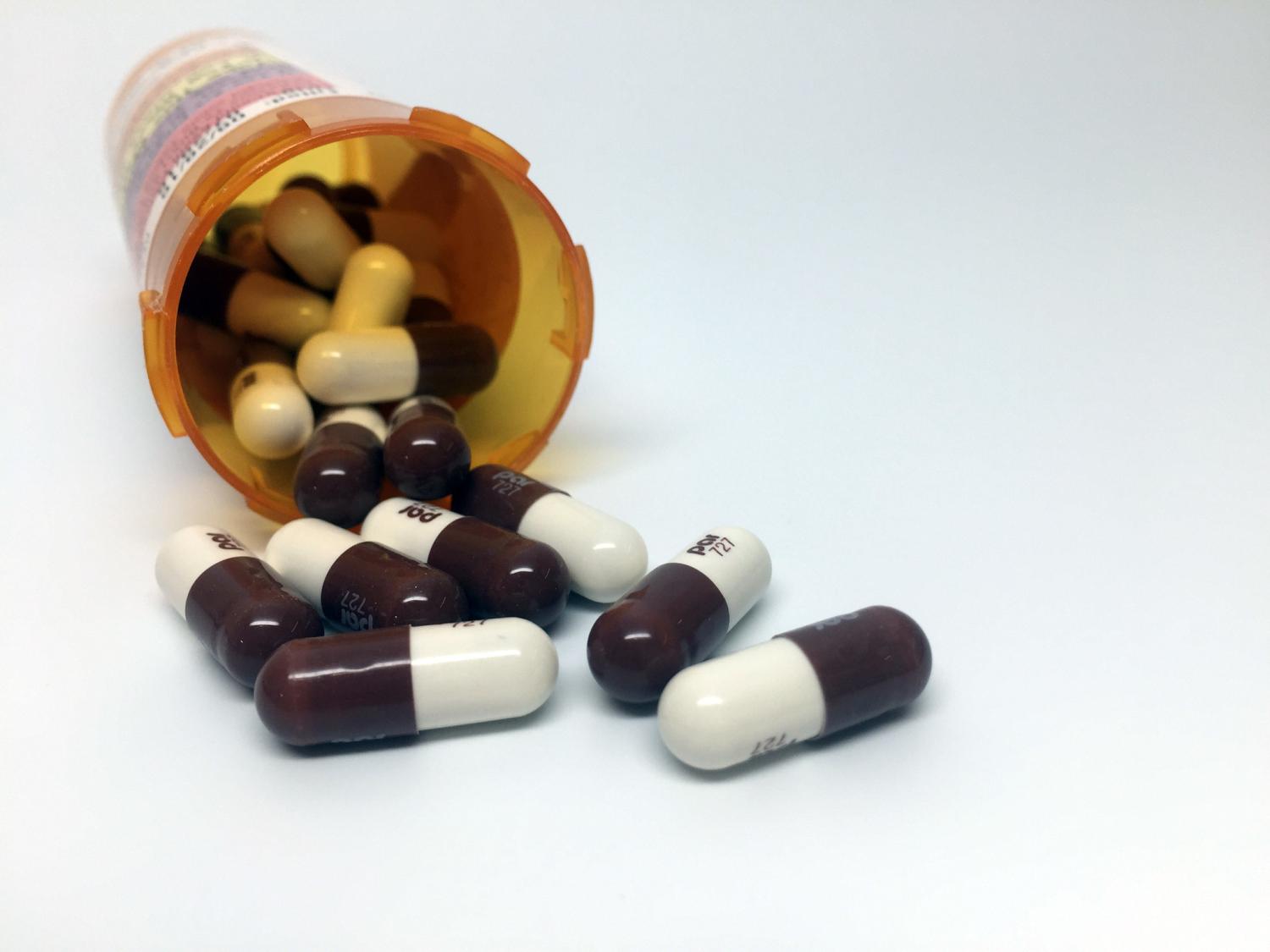A survey of US healthcare providers found that those who more commonly treat sexually transmitted infections (STIs) are more likely to prescribe prophylactic (preventive) doxycycline for STI prevention, Centers for Disease Control and Prevention (CDC) researchers reported late last week in Emerging Infectious Diseases.

The analysis of survey responses from a sample of 1,504 US healthcare providers (30.4% family physicians, 36.2% internists, 16.7% obstetricians/gynecologists, and 16.7% nurse practitioners/physician assistants) showed that providers whose practice includes 10% or more STI care were more than 2.5 times more likely to have used doxycycline prophylactically for STI prevention than non-STI providers (adjusted odds ratio [aOR], 2.76; 95% confidence interval [CI], 2.20 to 3.48). STI providers were more than 50% more likely (aOR, 1.54; 95% CI, 1.24 to 1.89) to agree that the benefits of prescribing prophylactic doxycycline for patients who are at high risk for STIs outweigh the possibility of increasing antimicrobial resistance (AMR).
STI providers were no more likely than non–STI providers to agree that they had seen an increase in AMR among their patients over the past 5 years (aOR, 1.00; 95% CI, 0.81 to 1.23) or that the prophylactic use of doxycycline contributes to AMR (aOR, 1.09; 95% CI, 0.88 to 1.35).
Forthcoming CDC guidelines weigh risks, benefits
The CDC is currently working on guidelines for who should be eligible for doxycycline post-exposure prophylaxis, or doxy-PEP, which involves taking a dose of doxycycline within 72 hours of unprotected sex. A trial conducted at sexual health clinics in San Francisco and Seattle found that, among a cohort of men who have sex with men (MSM) and transgender women, the intervention reduced incidence of chlamydia by 88%, syphilis by 87%, and gonorrhea by 55%.
Concern about the impact that doxy-PEP could have on AMR is among the issues that the CDC is weighing. Trial investigators say they didn't see marked changes in AMR at 12 months follow-up but note that resistance will need to be monitored.
"Additional education on this topic for providers who routinely treat STIs and for providers who routinely prescribe doxycycline will help minimize any potential AMR threats," the CDC researchers wrote.
















